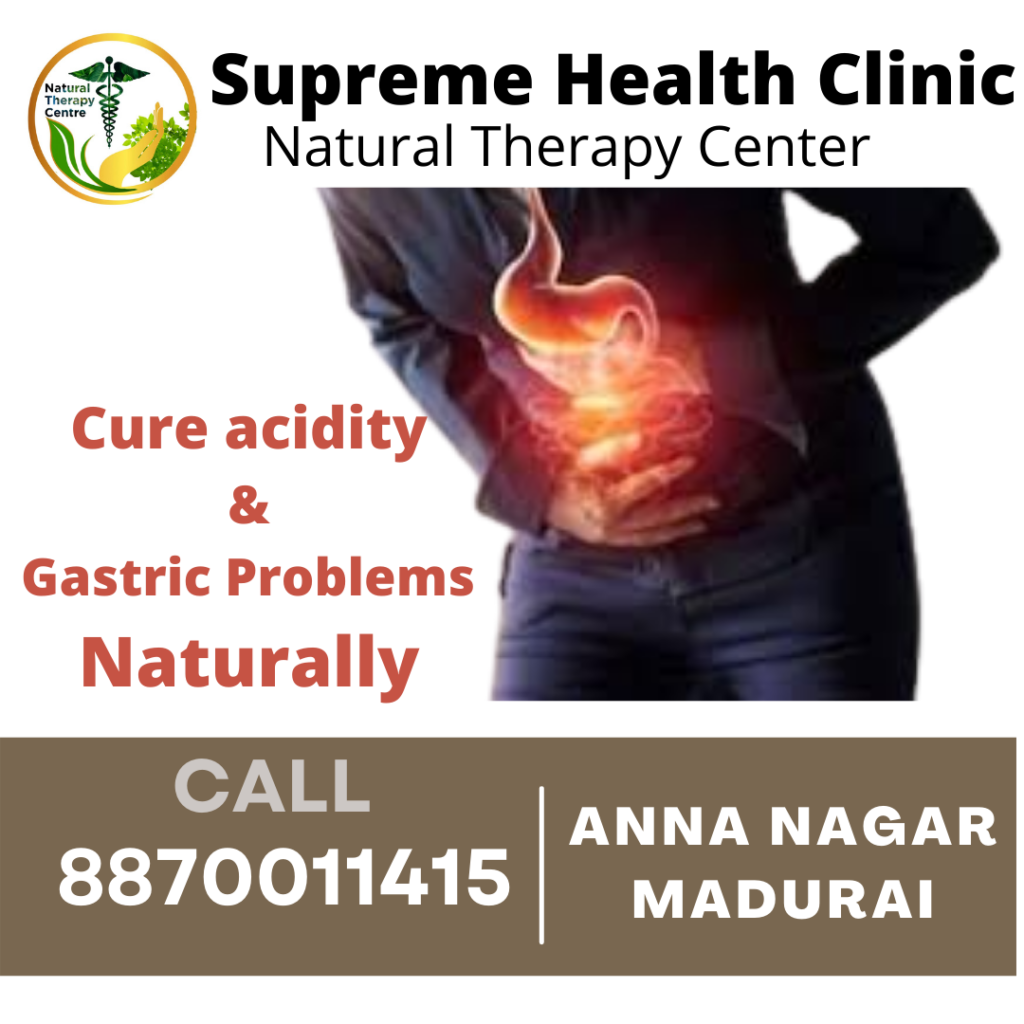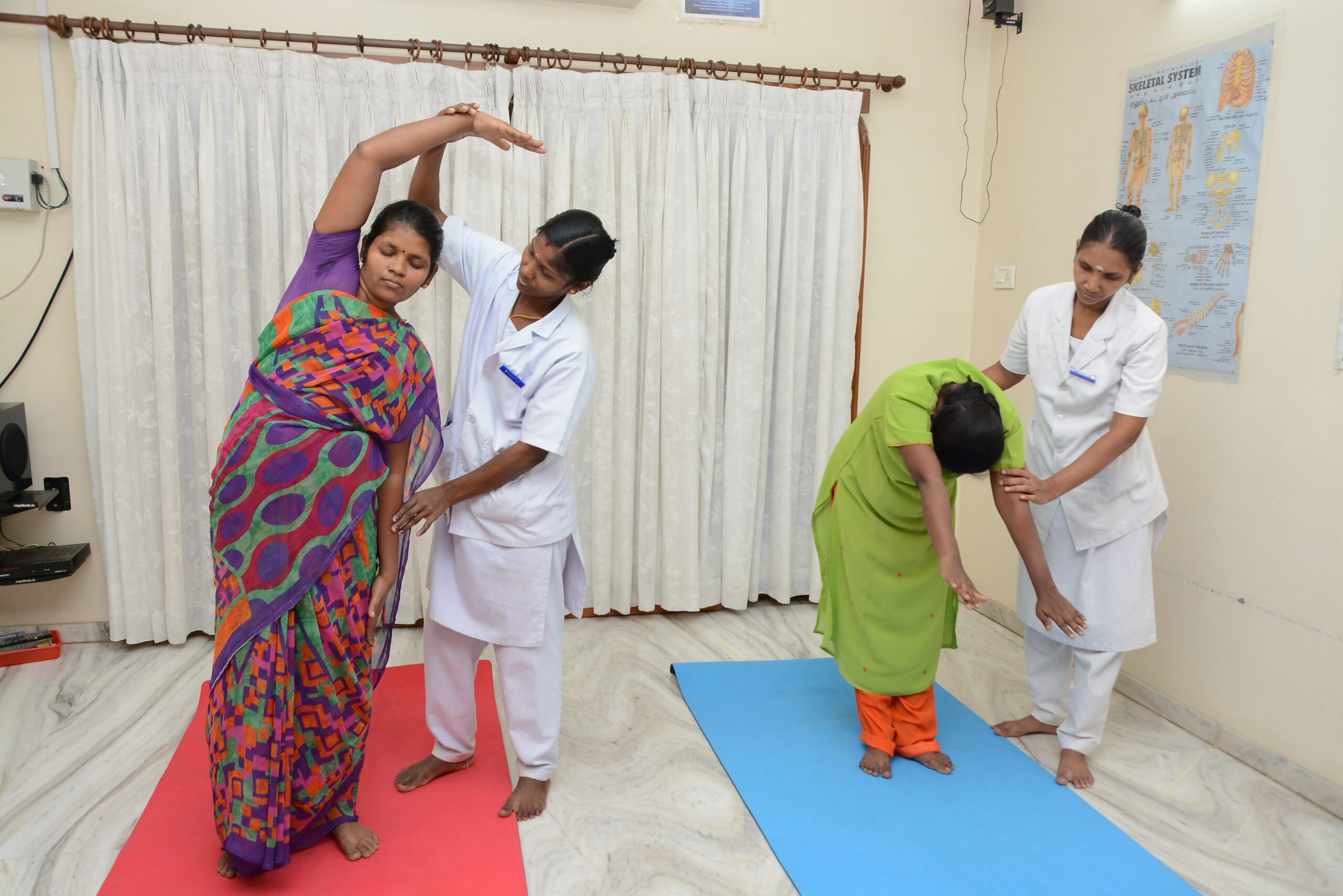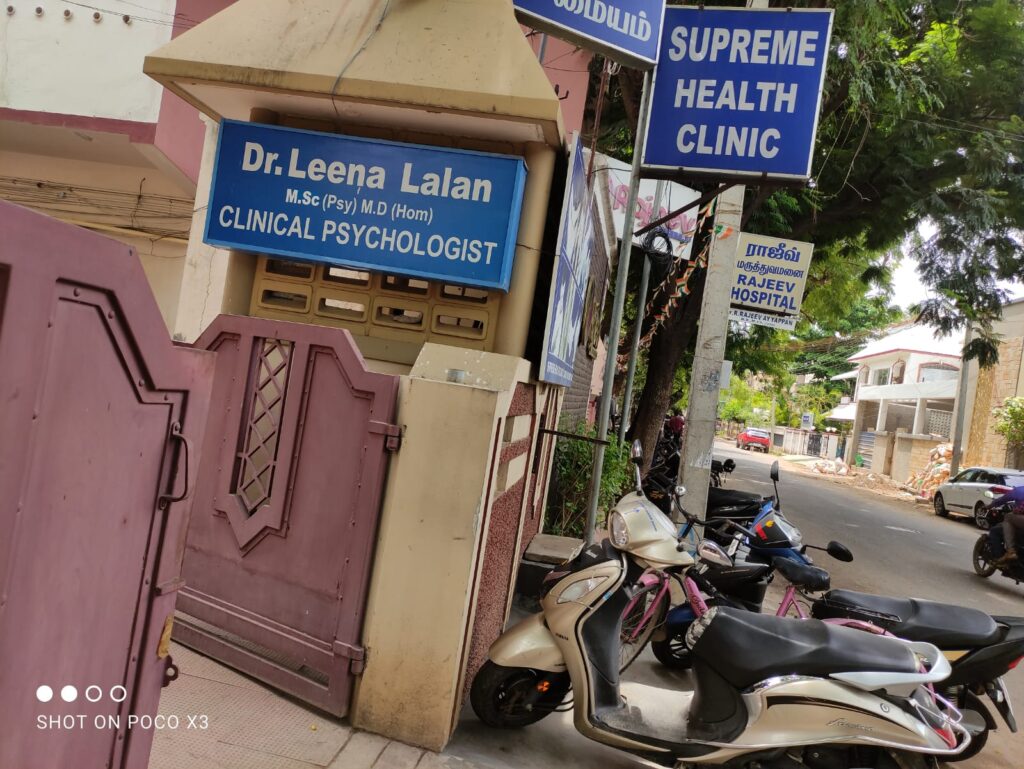Is warm water a magic potion for weight loss? 🧐 Let’s bust the myth!
In the quest for the perfect weight loss solution, many myths and misconceptions have circulated. One such myth that has gained significant traction is the idea that drinking warm water can significantly aid in weight loss. But how much truth is there to this claim? Let’s delve into the science and separate fact from fiction.
The Origins of the Warm Water Myth
The notion that warm water can aid in weight loss likely stems from its role in traditional medicine practices. For centuries, warm water has been recommended for various health benefits, including improving digestion and detoxifying the body. While these benefits are not unfounded, the leap to weight loss is where the myth takes hold.
The Science Behind Hydration and Weight Loss
Hydration is crucial for overall health, and water does play a role in weight management. Drinking water can help to:
Boost Metabolism: Drinking water temporarily boosts metabolism, a phenomenon known as water-induced thermogenesis. However, the effect is modest and not solely responsible for significant weight loss.
Suppress Appetite: Drinking water before meals can help you feel fuller, reducing overall calorie intake. This can be beneficial for weight management, but the temperature of the water (whether warm or cold) does not significantly alter this effect.
Improve Digestion: Warm water can aid in digestion by helping to dissolve and dissipate food particles in the stomach. This can prevent bloating and discomfort, but again, this does not translate directly to weight loss.
Debunking the Myth
While warm water has its benefits, the idea that it can be a standalone solution for weight loss is a misconception. Here are a few reasons why:
Caloric Balance is Key: Weight loss fundamentally comes down to a caloric deficit, meaning you must burn more calories than you consume. Warm water, by itself, does not create this deficit.
Lack of Substantial Evidence: Scientific studies have not shown a direct link between warm water consumption and significant weight loss. Most benefits attributed to water, in general, can be achieved with water at any temperature.
Holistic Approach is Necessary: Sustainable weight loss involves a combination of a balanced diet, regular physical activity, and healthy lifestyle choices. Warm water can be a part of this routine, but it is not a miracle solution.
How to Use Warm Water Effectively
While warm water alone won’t lead to weight loss, it can still be a useful tool when combined with other healthy habits:
Morning Ritual: Start your day with a glass of warm water and lemon. This can kickstart your metabolism and hydrate your body after a night’s sleep.
Hydrate Before Meals: Drink a glass of warm water before meals to help control your appetite and prevent overeating.
Replace Sugary Drinks: Opt for warm water instead of sugary beverages. This simple swap can reduce your calorie intake and support your weight loss goals.
The warm water and weight loss myth is a classic example of how simple truths can be stretched into misleading health advice. While warm water has its benefits, relying on it alone for weight loss is not effective. A balanced diet, regular exercise, and healthy lifestyle choices are the real keys to sustainable weight loss. So, enjoy your warm water, but remember that it’s just one piece of the puzzle. Stay informed and make choices that support your overall well-being.





